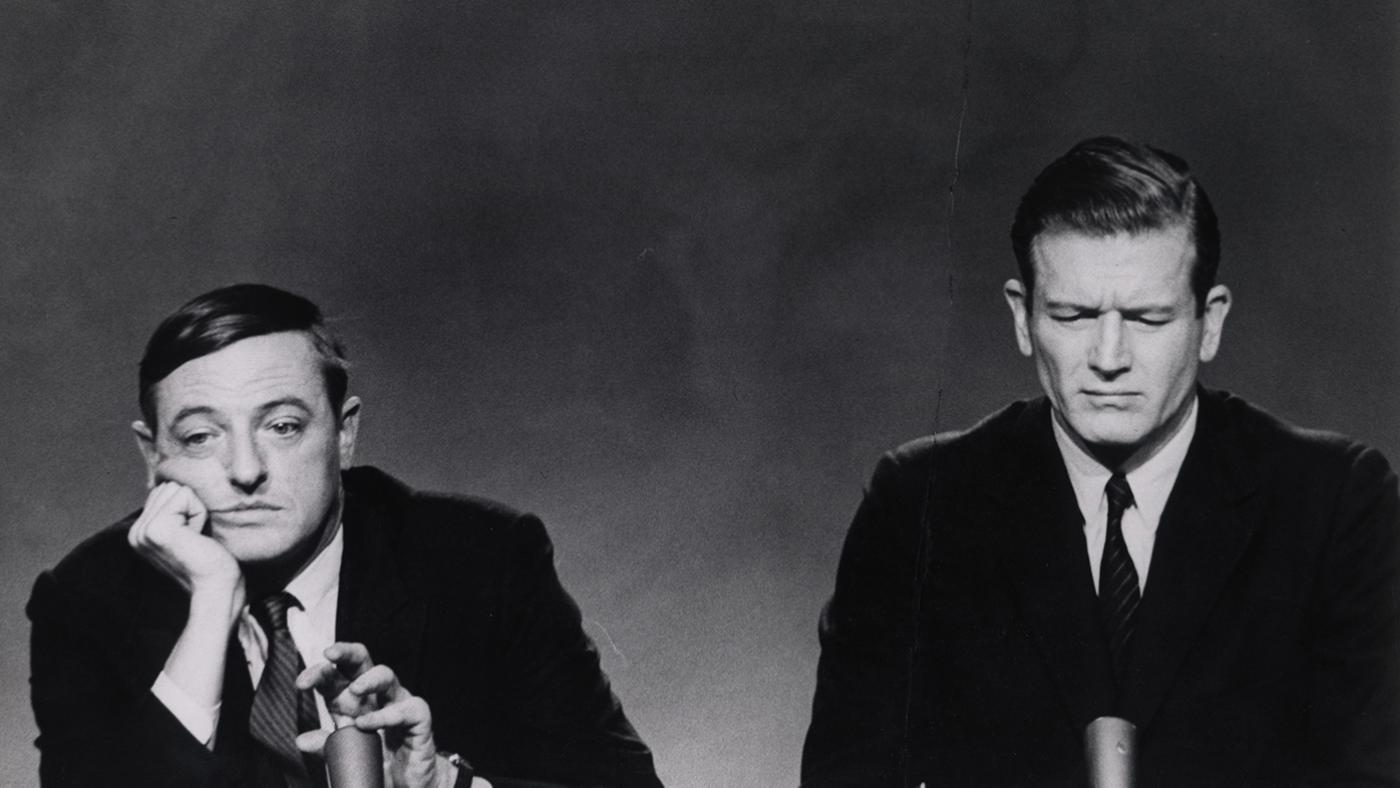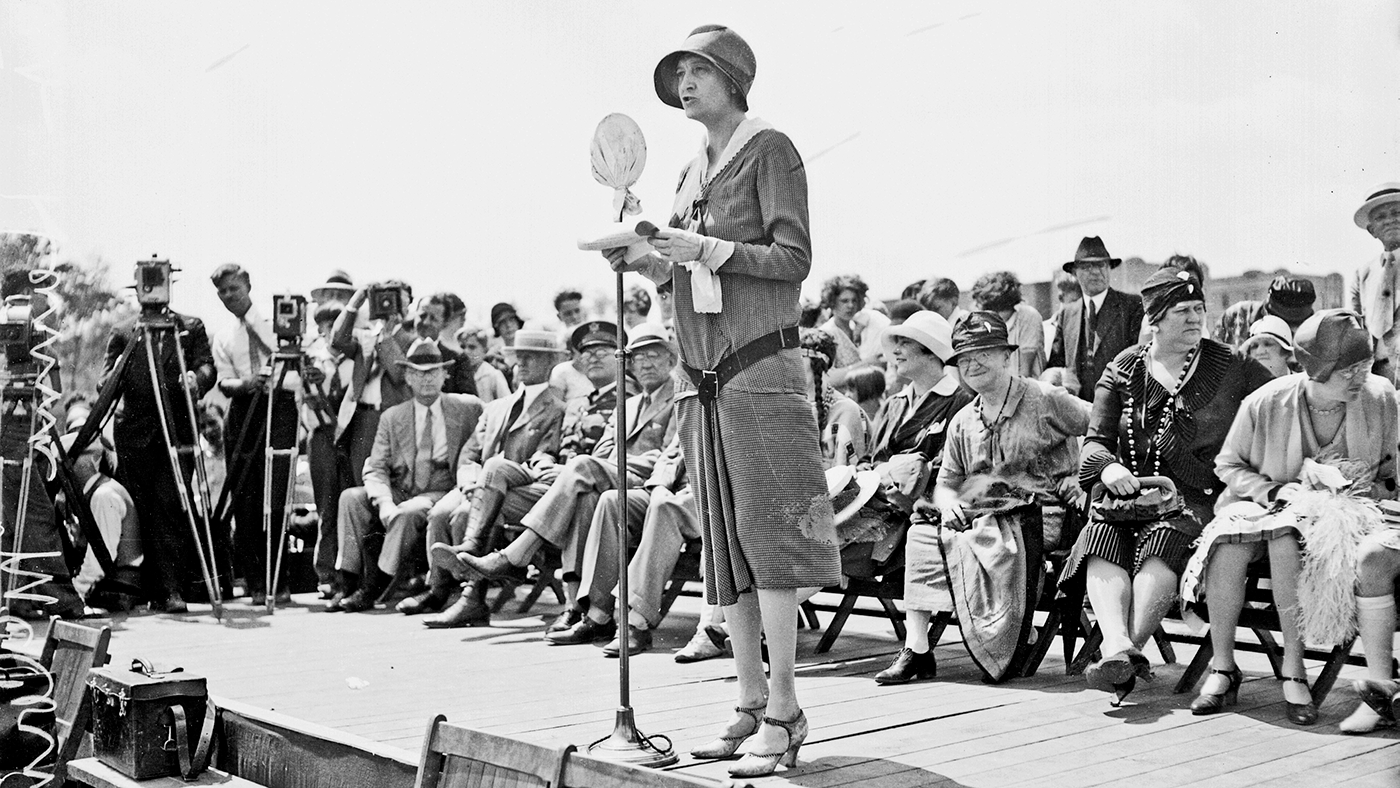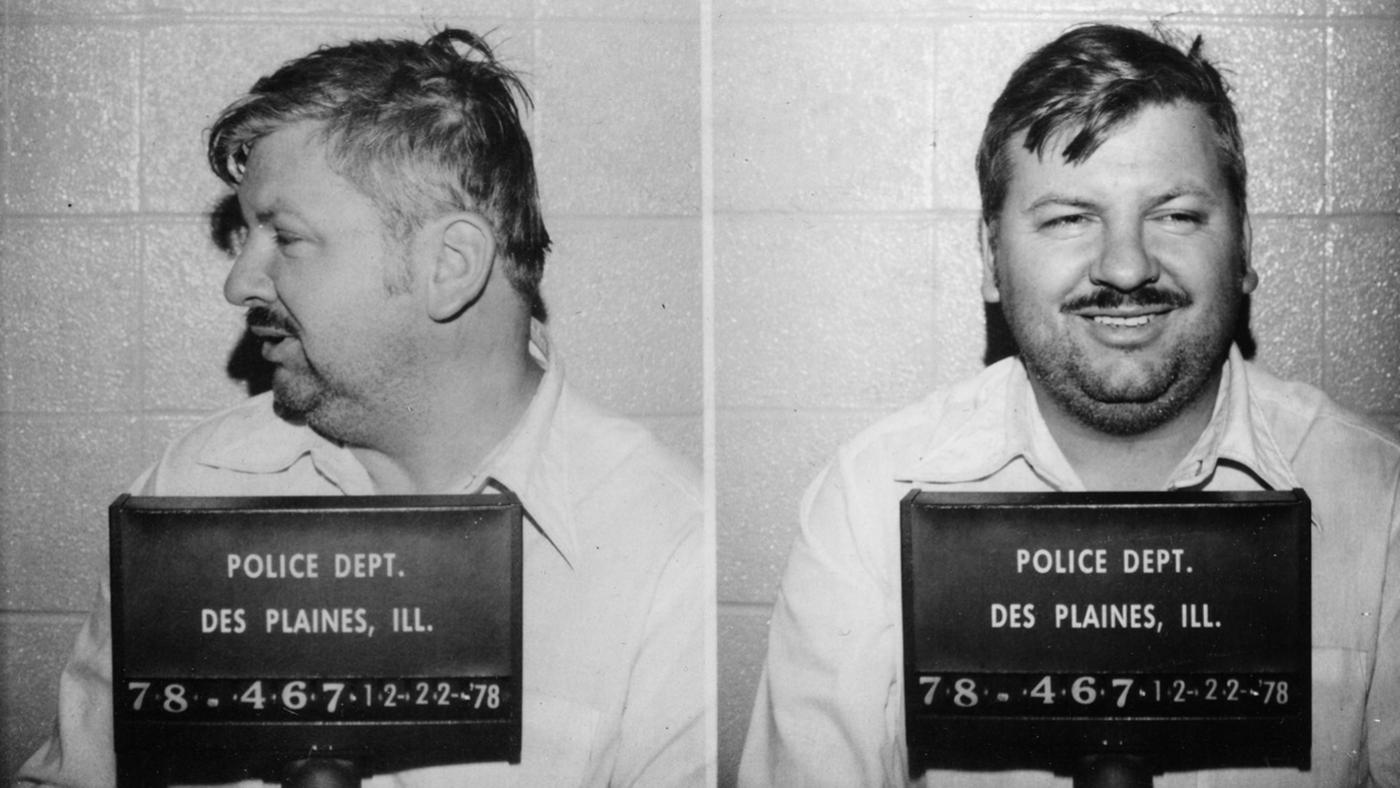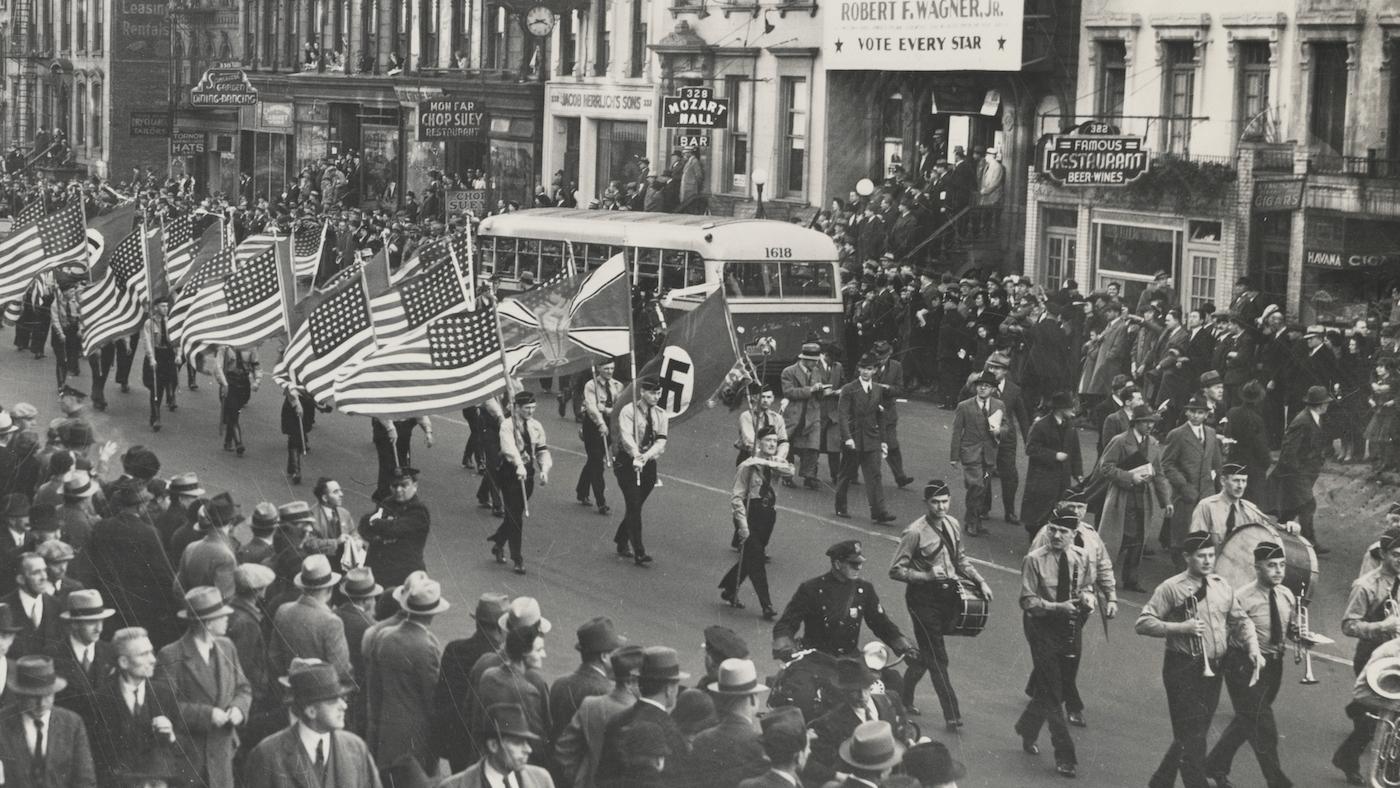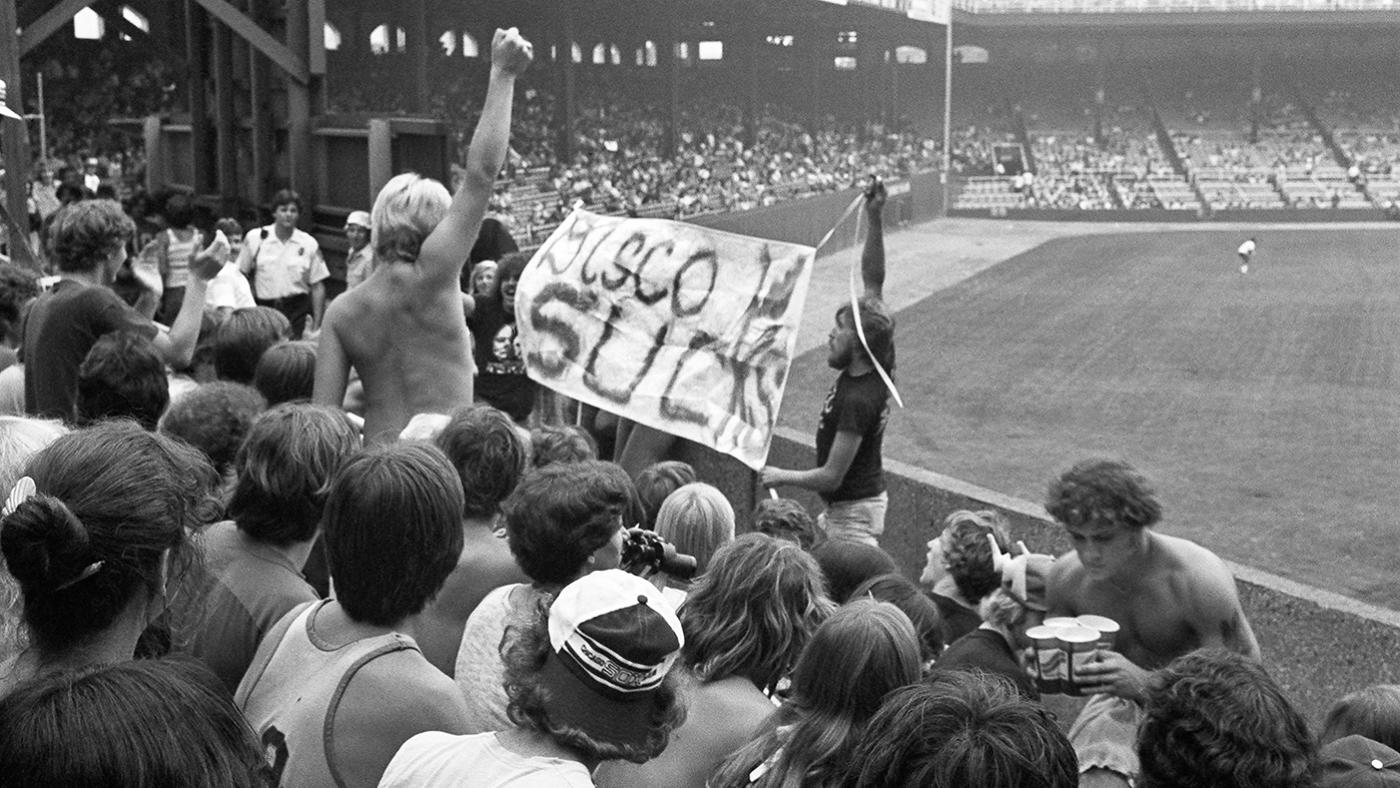A Short History of Corruption in Illinois
Daniel Hautzinger
August 5, 2020
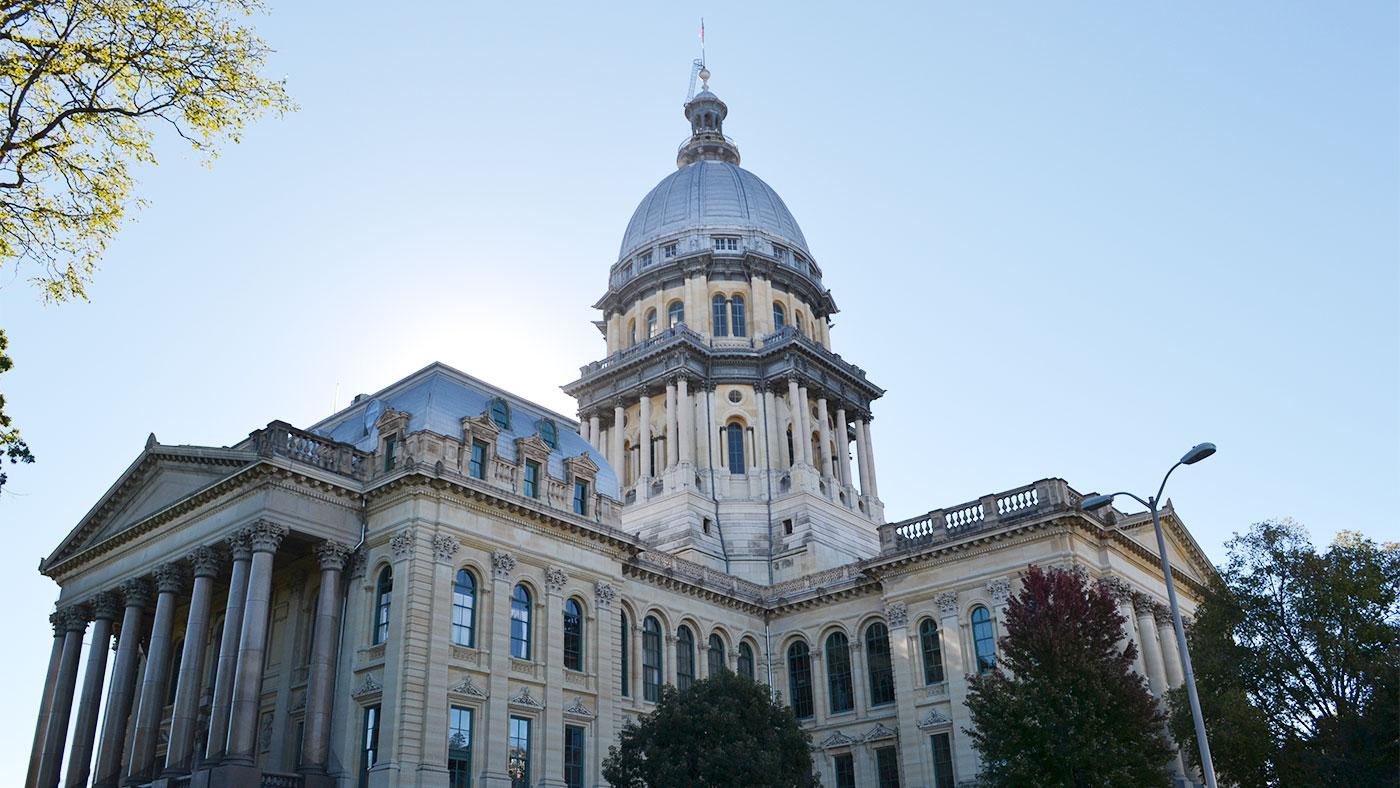
The shoe has finally dropped. In late November 2018, when the FBI raided the offices of the powerful Chicago alderman Ed Burke, a City Council member since 1969, it immediately set off speculation about which other politicians would fall. Burke won re-election in 2019, but the stain of corruption in Chicago politics helped lead to the election as mayor of Lori Lightfoot, who ran as a reformer. Burke has been charged with 14 counts of racketeering, extortion, and attempted bribery.
Numerous other state and local officials have been cast under suspicion in the following months, including allies of the implacable Illinois House Speaker Michael Madigan—the FBI raided homes of Madigan confidants in May 2019. Indictments reached various elected officials afterwards: State Senator Tom Cullerton in August, State Representative Luis Arroyo in October, State Senator Martin Sandoval in January 2020.
And then in July, Madigan—the longest-serving leader of any legislative body in the United States, having been speaker for 35 years in total—was implicated in a court filing charging the utility Commonwealth Edison with bribery. It remains to be seen whether Madigan, who was first elected to the Illinois House in 1971, will be charged with anything. But the attention on him and the indictment of Burke are remarkable developments near the end of their long, prominent political careers.
Not that corruption in Illinois or Chicago politics is anything new. Madigan and Burke may have weathered a half century, but during their tenures alone, four governors and numerous elected officials, judges, and public employees have been sent to prison for corruption—and that's ignoring the era of mob-connected, greasy politics earlier in the history of Illinois and Chicago. As the United States Attorney John Lausch said about the court filings that implicated Madigan, the case “speaks volumes about the nature of a very stubborn public corruption problem we have here in Illinois.”
Take, for instance, the governors. Like Madigan, Rod Blagojevich was identified as “Public Official A” in court filings. Blagojevich was arrested in 2008 during his second term as governor. He was impeached in 2009, then convicted in 2011 on charges including wire fraud, attempted extortion, bribery, and conspiracy for attempting to sell the Senate seat vacated by President Barack Obama. He served roughly half his fourteen-year prison sentence before it was commuted by President Donald Trump in February 2020.
Blagojevich had won a second term as governor in 2006, the same year his predecessor in the office, George Ryan, was found guilty on various counts of corruption that dated back to his time as Illinois’s Secretary of State. Before Ryan there was Dan Walker, who was sent to prison in 1987 for bank fraud after leaving office, and Otto Kerner, whose stellar reputation was besmirched by a conviction in 1973 for fraud involving a racetrack.
The prosecution of Kerner and other high-profile cases of corruption actually helped make the career of another governor, James R. Thompson, who came to prominence as the U.S. Attorney at the time. (Update: Thompson, who later defended George Ryan when he was being prosecuted for corruption, died Friday, August 14 at the age of 84.)
Lest the nearly twenty-year gap between the sentencing of former governors Walker and Ryan represent a period of innocence, there was another high-profile figure who fell in the 1990s. Dan Rostenkowski, the blustery chairman of the U.S. House’s Ways and Means Committee, was indicted in 1994, leading to the end of his 36-year term in Congress. (Illinois’s congressional delegation has continued to be dogged by corruption into recent years: Jesse Jackson, Jr. pled guilty to misuse of campaign funds in 2013, as did his alderwoman wife, while U.S. Representative Aaron Schock was issued a 24-count indictment in 2016.)
The decades after Kerner’s conviction were filled with other scandals as well, in which corruption was revealed at all levels of government in oddly titled FBI operations. There was Incubator (bribes related to parking fines), Gambat (mob-related court fixing) Phocus (more bribes), Haunted Hall (ghost payroll). Operation Silver Shovel, which involved illegal landfills and other environmental issues, has parallels to the Burke case, in the paranoia it instilled amongst aldermen about who was wearing a wire. Six aldermen and twelve other people were eventually indicted as a result of Silver Shovel. Corruption in the “political culture” of Chicago is “systemic,” argued a lawyer in a 1996 Chicago Tonight roundtable about the investigation.
Operation Greylord, the bulk of which took place in the early 1980s, was the first, and biggest, FBI investigation. (Although the Chicago Sun-Times had revealed corruption with its own sting, a hidden camera-filled bar called the Mirage Tavern, earlier, in 1978.) The FBI touts Greylord as “one of the most important cases in the annals of public corruption investigations in the United States.”
Greylord’s investigation sounds like a political thriller: a judge who hid a tape recorder in his cowboy boots and read spy novels to learn about being undercover; a staged robbery by government agents so they could pose as criminals in the court system; an assistant state’s attorney who eventually became an FBI agent himself. The corruption exposed by Greylord in the Cook County court system led to the charging of 92 officials, including 17 judges, 48 lawyers, a state legislator, and various other officials.
From 1970 to 2010, about 1,500 people in Illinois, including 30 Chicago aldermen, were convicted for corruption, according to the political scientist (and former alderman) Dick Simpson. When Blagojevich was arrested in 2008, the head of the FBI’s Chicago office said, “If [Illinois] isn’t the most corrupt state in the United States, it is certainly one hell of a competitor.” In a 2015 book, Simpson and a co-author called Chicago “undoubtedly the most corrupt city in our nation.”
As the continuing investigation and indictments surrounding Burke, ComEd, and Madigan show, Illinois and Chicago remain a hotbed of cronyism and corruption. Perhaps these investigations will finally begin to end that culture. After all, none of the three most recent governors have yet gone to jail, a streak of governors unprecedented in Illinois history since 1960. For Illinois, that’s sadly a badge of honor.

